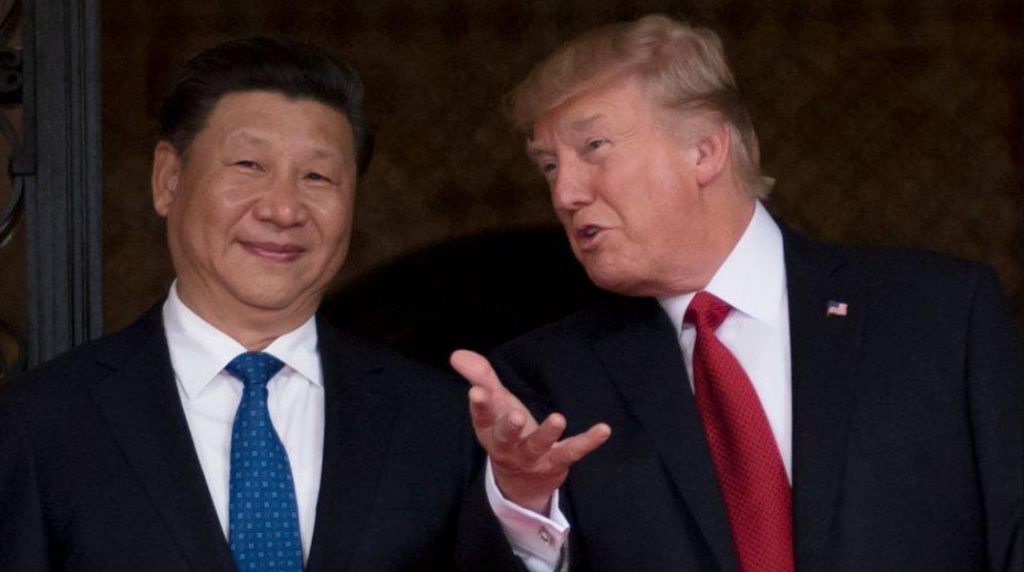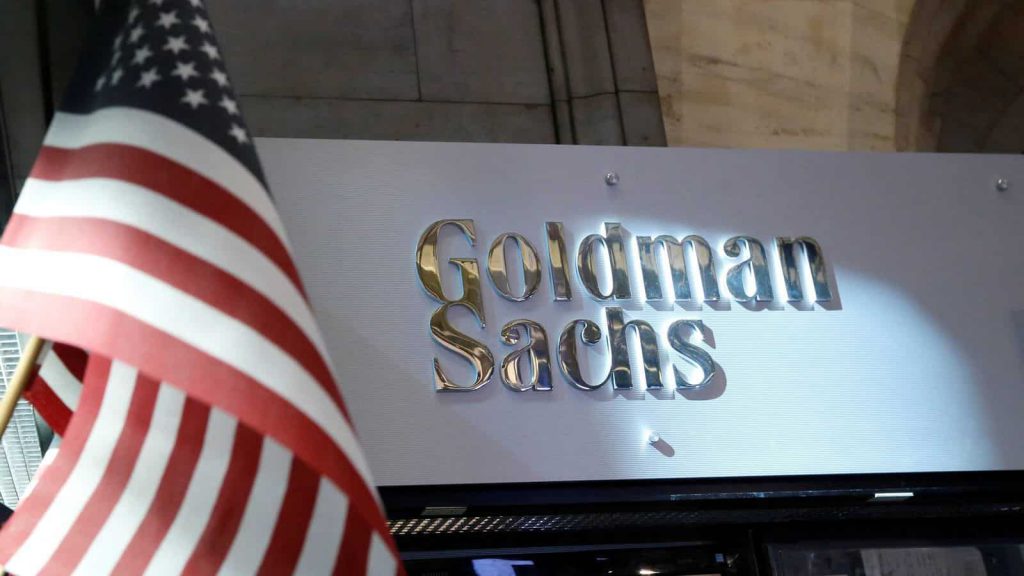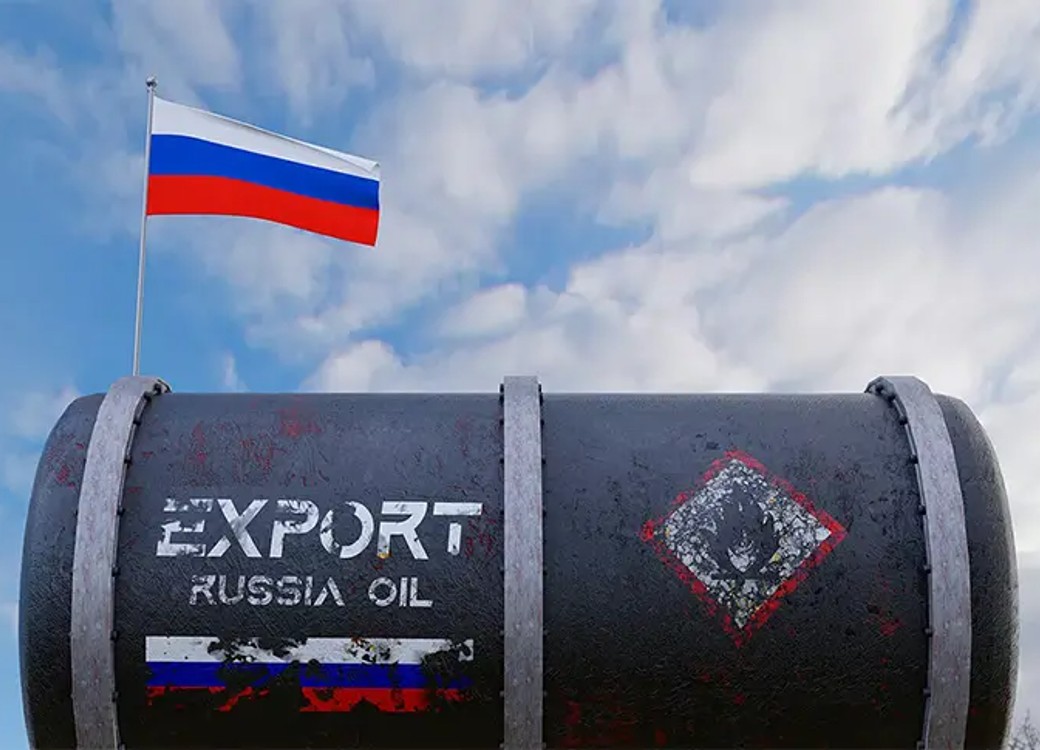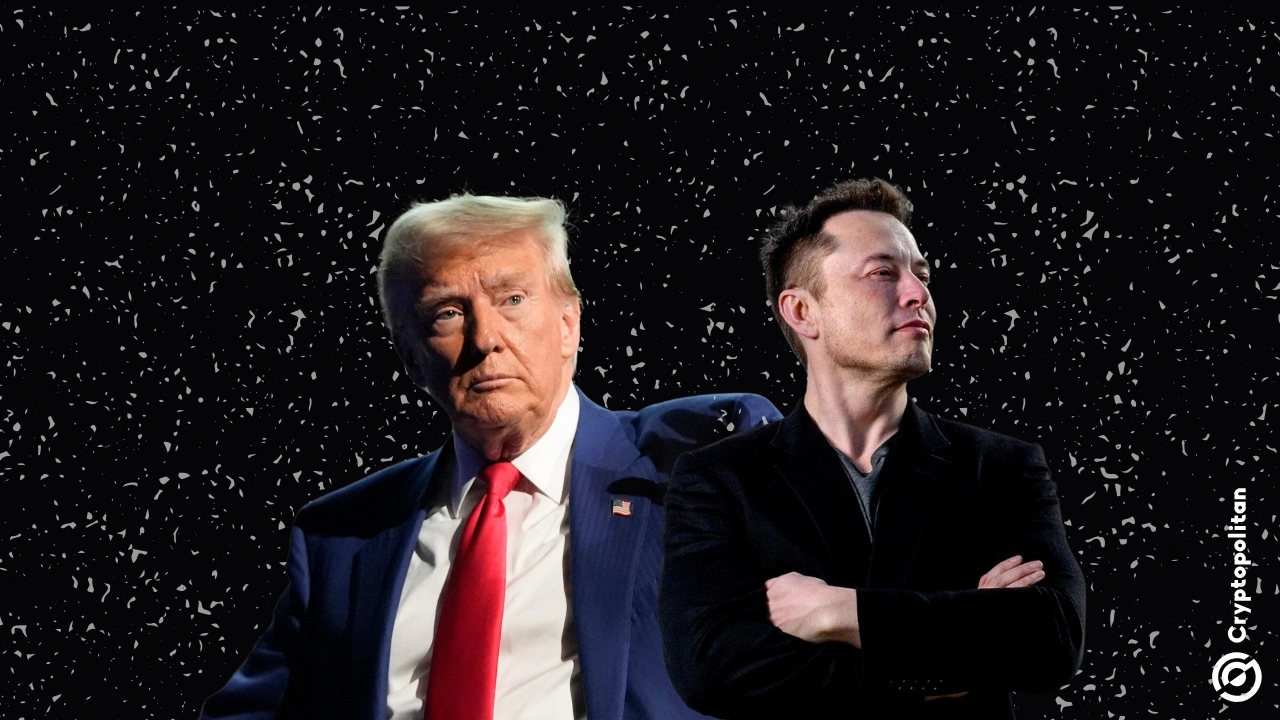With both the BRICS economic alliance and the US engaged in a standoff, Goldman Sachs has warned that the geopolitical tension could send oil prices skyrocketing. Indeed, the presence of sanctions and de-dollarization efforts could erupt into greater economic difficulty on a global scale.
US President-elect Donald Trump has not minced words regarding his feelings toward the BRICS bloc. He warned the alliance of incoming tariffs in retaliation for its efforts to abandon the US dollar as the world’s currency. Now, the bloc is facing the ongoing warning as it looks to continue navigating the presence of sanctions.


Also Read: BRICS Fail to Challenge US Dollar in 2024: Can They This Year?
Goldman Sachs Warns BRICS & US Geopolitical Tensions May Affect Oil Prices
The past two years have seen the BRICS economic alliance target increased use of the US dollar. Specifically, they have called on the global south to initiate a continued effort to promote the use of local currencies. Therefore, the work would lessen the international presence of the greenback.
Although alliance nations have complied, it has failed to take hold the way the collective had hoped. Now, all eyes are on what should be critical in 2025. With Donald Trump not content to embrace Joe Biden’s willingness to overlook the bloc’s activity, he is likely to take action. According to Goldman Sachs, the world may pay the price, as the BRICS and US standoff could drive oil prices higher.


Also Read: BRICS to Keep Ditching the US Dollar in 2025: Alliance Confirms
According to a recent report, the bank is expecting Brent crude prices to increase to $70 and $85 per barrel. Additionally, they expect the loss of Russia’s supply to potentially “wipe out the currently expected surplus in the oil market. Moreover, sanctions on Iran could push Brent to almost $90 per barrel.
Experts have described Trump’s incoming foreign policy as “difficult to predict.” Yet, there is a big impact on oil expected due to the ongoing talk of both tariffs and sanctions. Therefore, Goldman Sachs projects the ongoing geopolitical tension to follow historical trends and once again affect oil prices.












